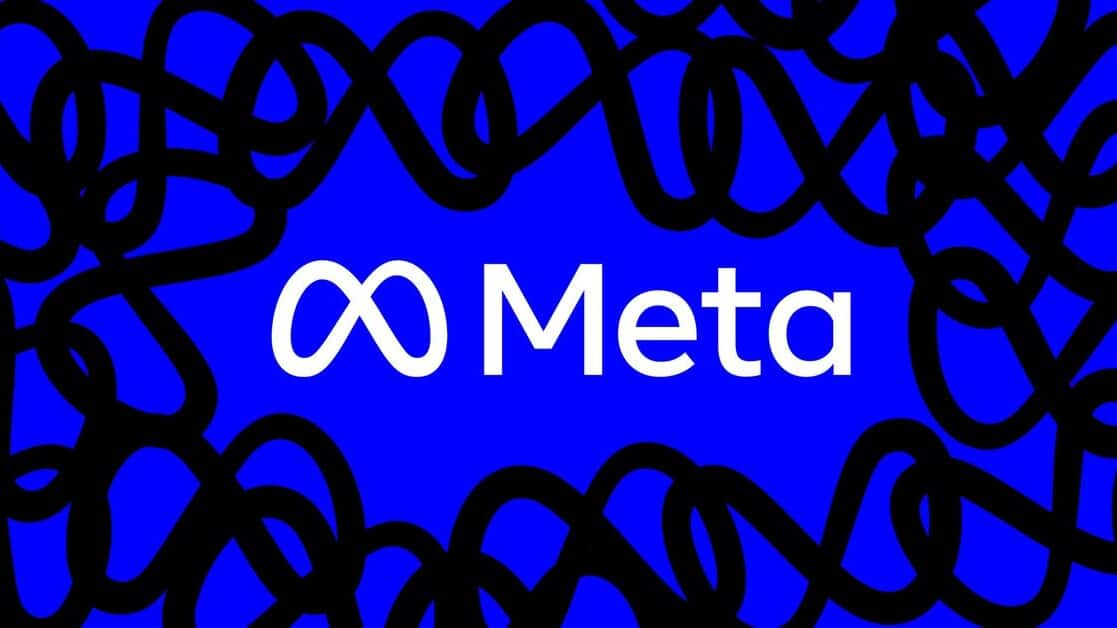
Meta's Llama 3.1 is its largest open-source AI model yet
What's the story
Meta has unveiled Llama 3.1, its largest open-source artificial intelligence (AI) model to date. According to Meta, Llama 3.1 surpasses both OpenAI's GPT-4o as well as Anthropic's Claude 3.5 Sonnet on several performance benchmarks. This release marks a significant upgrade from the smaller Llama 3 models launched a few months prior, and features an impressive 405 billion parameters. It was trained using more than 16,000 H100 GPUs from NVIDIA.
Future predictions
Meta CEO forecasts Llama 3.1 to dominate AI assistance
Meta CEO Mark Zuckerberg anticipates that Meta AI, powered by Llama 3.1, will become the most widely used assistant by year's end, surpassing ChatGPT. The company is also broadening the availability of its Meta AI assistant to more countries and languages. Despite the high development cost estimated in hundreds of millions of dollars, Meta continues to offer Llama under a license requiring approval only from large-scale companies.
Strategic partnerships
Meta collaborates with tech giants for Llama 3.1 deployment
To facilitate the deployment of Llama 3.1, Meta is partnering with over two dozen firms including Microsoft, Amazon, Google, NVIDIA, and Databricks. The company asserts that running Llama 3.1 in production costs approximately half that of OpenAI's GPT-4o. Synthetic data was used to train the 405-billion parameter version of Llama 3.1, to enhance the smaller versions with 70 billion and eight billion parameters respectively.
Potential uses
Llama 3.1 explored for cybersecurity applications
Meta has also tested Llama 3.1 for potential cybersecurity use cases. According to Ahmad Al-Dahle, Meta's VP of generative AI, Llama 3.1 can integrate with a search engine API, to retrieve information from the internet based on complex queries, and execute multiple tools in succession to complete tasks. Meta's AI assistant, powered by Llama 3.1, is now available on Facebook, Instagram, and WhatsApp.
Enhanced capabilities
Meta AI assistant expands language support and features
The assistant now supports new languages including French, German, Italian, Hindi, and Spanish. A novel feature called "Imagine Me" allows users to insert their likeness into images generated by Meta AI. The company also plans to introduce Meta AI to the Quest headset in the coming weeks, replacing its voice command interface. However, after surpassing an unspecified number of prompts in a given week due to cost considerations, users will be switched to the scaled-back 70-billion model of Llama 3.1.